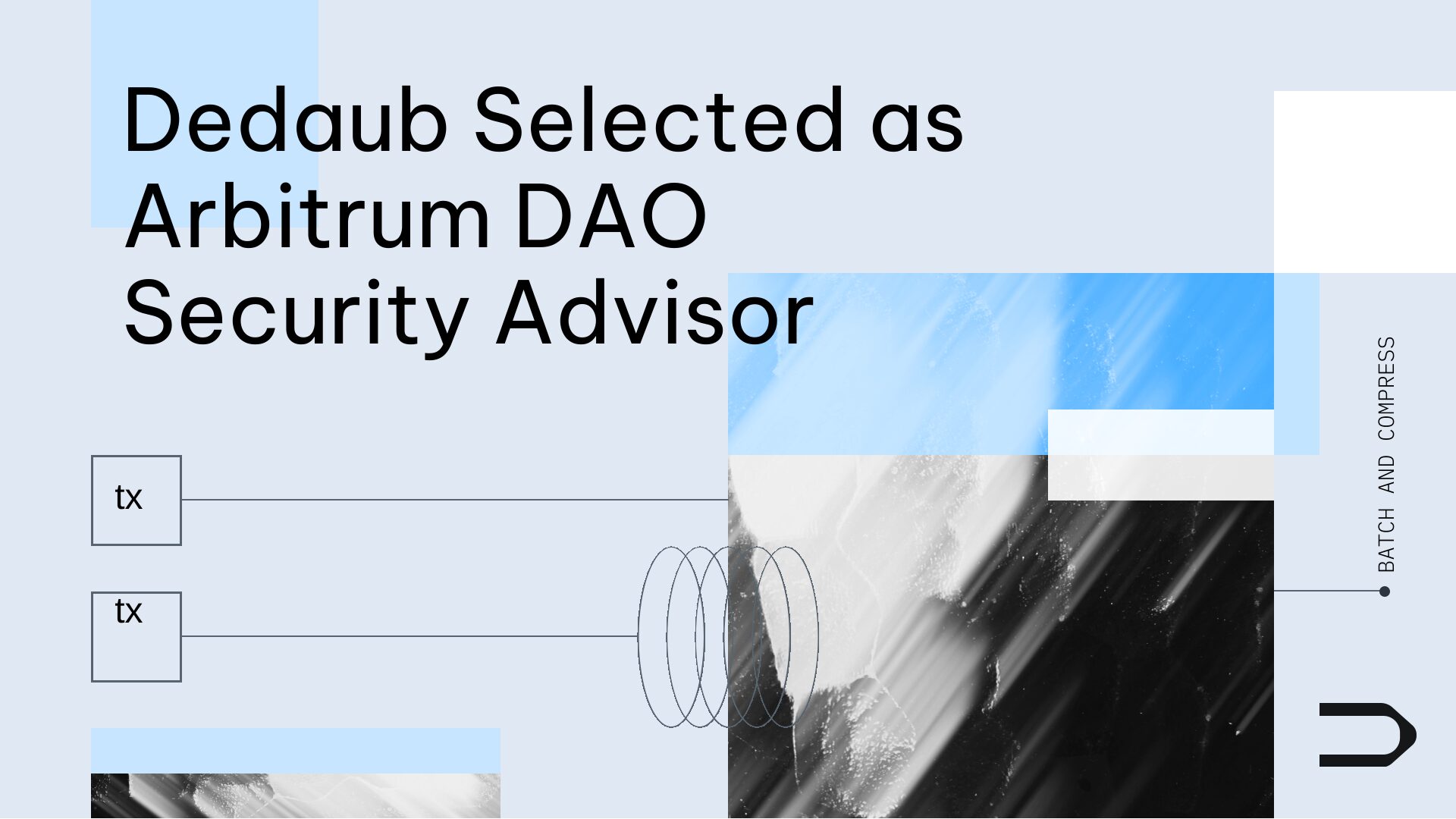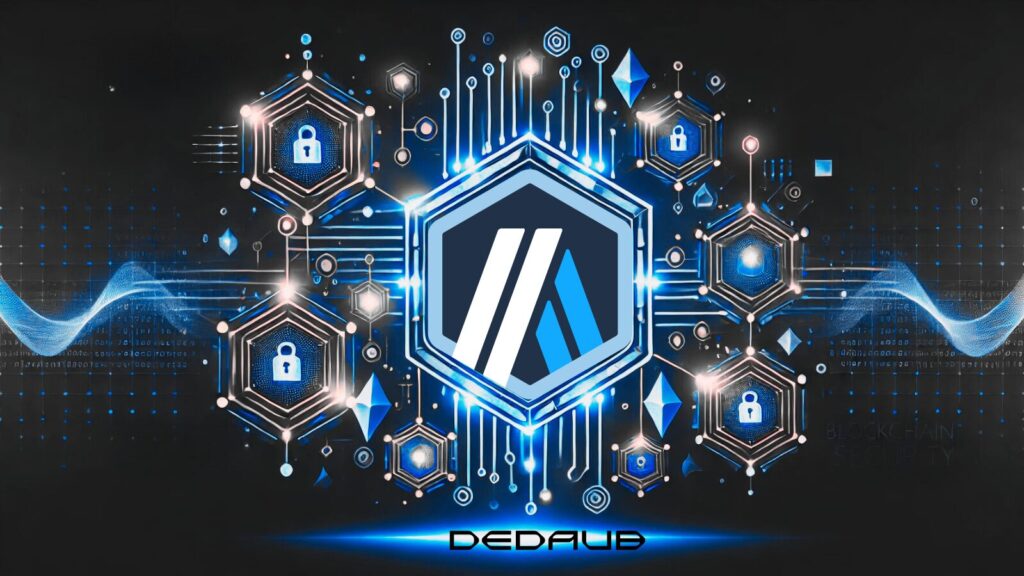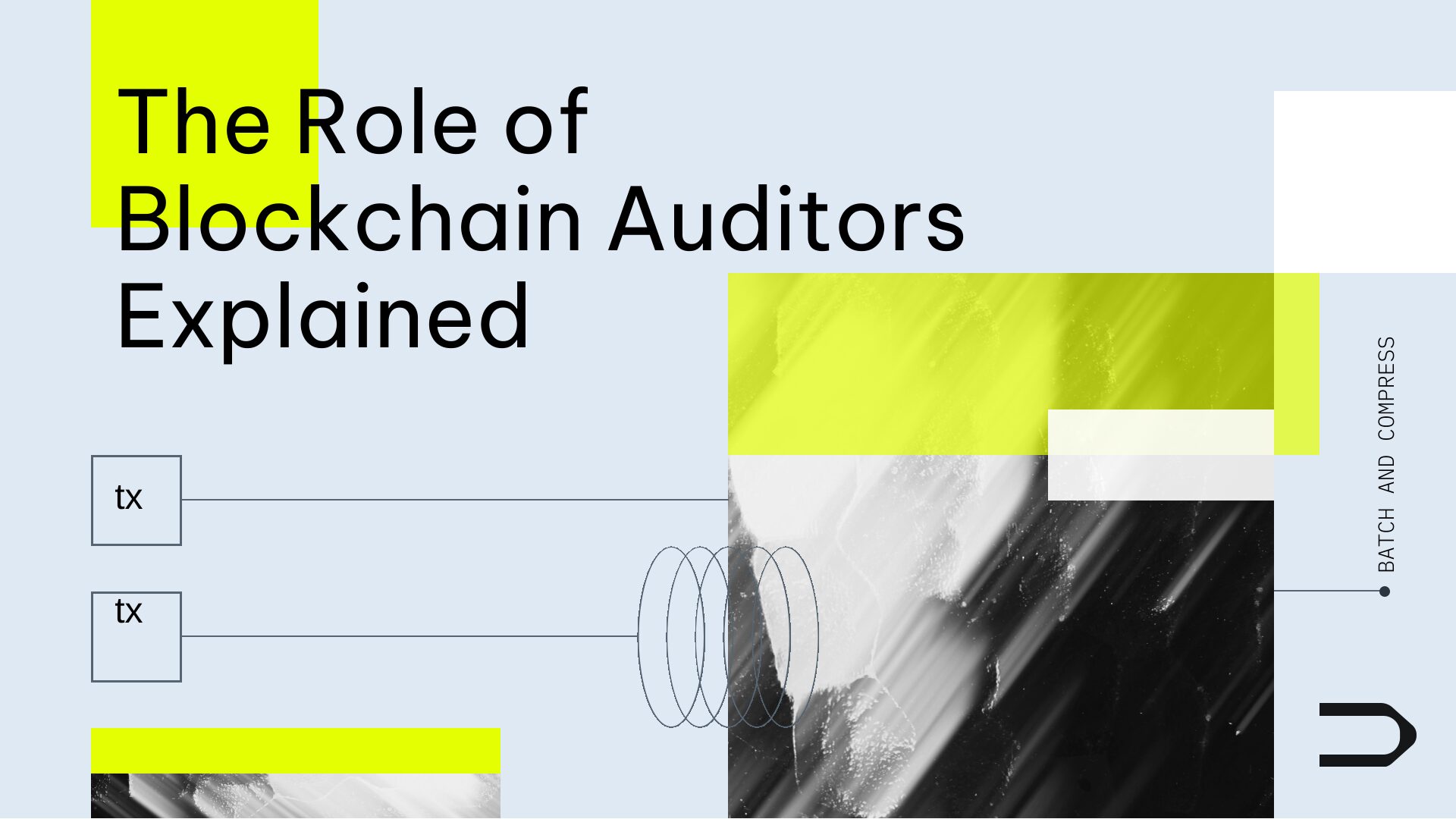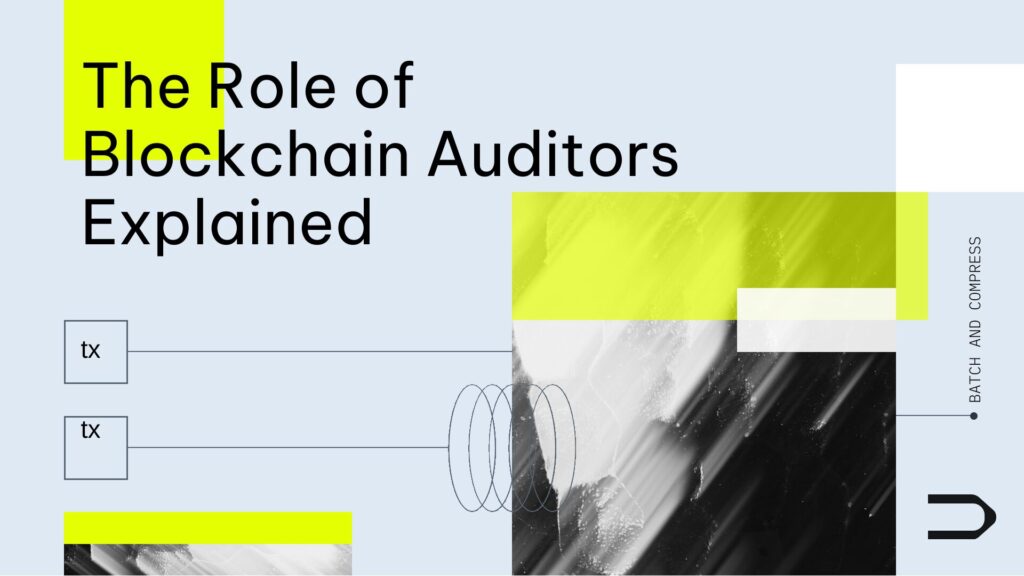Dedaub’s Terms of Service (the “Agreement”) form a legal agreement between you, the client (“You” or “Your”), and Dedaub Ltd. (“Dedaub”, “We”, “Us”, and “Our”), a private limited liability company registered under the laws of Malta with company number C99606. By using Our services, you agree to be bound by these terms of service and all terms incorporated by reference.
These terms contain important clauses including your indemnification responsibilities, our limitation of liability and warranty disclaimers, and your agreement to arbitrate disputes. Please read these terms of service carefully. Should you have any questions, you can always contact Us at legal@dedaub.com.
- Usage Terms
-
Acceptance of Terms. By accessing or using Our API Services, You agree to be bound by these terms and conditions and all terms incorporated by reference. These terms apply to your access to and use of all Our websites, API Services, associated software, and any information or content appearing therein.
-
Modification of Terms. We may modify these Terms at any time by posting updated Terms on Our website. It is your responsibility to review these Terms periodically for changes. By continuing to use the API Services after such changes are posted, You agree to be bound by the revised Terms. We will notify you of any material changes to these terms; continued use after such notice will constitute acceptance of the modified terms.
-
- License and Restrictions
-
Grant of License. Dedaub grants You a limited, non-exclusive, non-transferable, and revocable license to use the API Services to develop, test, or support software applications, websites, or services for software integration with your applications. This license is contingent upon your adherence to these Terms.
- Restrictions. You agree not to:
-
Copy, modify, or reverse engineer Our API Services or content.
-
Use Our API Services for any illegal or unauthorized purpose.
-
Transmit any worms, viruses, or any code of a destructive nature.
-
Breach or attempt to breach any security measures We implement.
-
Use our API Content to create any software service, product, or solution that directly competes with any of our services.
-
Manipulate, sell, trade, rent, loan, lease, license, or otherwise provide our API Content or access to our service for commercial purposes unless expressly authorized by us.
-
Send automated requests to the API in a manner that exceeds reasonable usage limits as determined by us, or which could disrupt service levels.
-
Engage in any data mining, scraping, or similar data gathering or extraction methods from our website or API, without our prior written permission.
-
-
- Payments and Billing
-
Fees. You agree to pay all fees associated with Your subscription and use of Our API Services. We may modify subscription fees with prior notice, and You have the option to terminate Your subscription if you do not agree with the changes.
-
Billing. Payments are charged on a subscription basis and are non-refundable. You are responsible for all charges, taxes, and bank fees related to the transactions. Subscription cancellations must occur before the next billing cycle to avoid further charges.
-
- Intellectual Property
-
Ownership. All rights, title, and interest in the API Services and all content provided through the API Services are and will remain the exclusive property of Dedaub and its licensors. No transfer of ownership or rights is implied by these Terms.
-
Use of Content. Any use of Dedaub’s content other than as specifically authorized herein, without the prior written permission of Dedaub, is strictly prohibited and will terminate the license granted herein.
-
- Legal Compliance and Prohibited Activities.
- You agree to use the API Services in compliance with all applicable laws and regulations and not to use the API Services for any activities that could result in criminal or civil liability. Prohibited activities include, but are not limited to:
-
Illegal activities, including but not limited to fraud, money laundering, or the promotion of illegal transactions.
-
Actions that infringe on the intellectual property or other rights of others.
-
- You agree to use the API Services in compliance with all applicable laws and regulations and not to use the API Services for any activities that could result in criminal or civil liability. Prohibited activities include, but are not limited to:
- Disclaimers and Limitation of Liability
-
Dedaub provides the API Services on an “as is” and “as available” basis. We do not warrant that the API Services will be uninterrupted or error-free. In no event will Dedaub be liable for any indirect, punitive, or consequential damages arising out of or related to this agreement.
-
-
Termination and Suspension. Dedaub may suspend or terminate your access to the API Services if you violate these Terms or engage in any activity that may cause legal liability or disrupt others’ use of the API Services.
- General Provisions
-
Severability. If any provision of these Terms is deemed invalid or unenforceable, that provision will be enforced to the maximum extent permissible, and the other provisions of these Terms will remain in effect.
-
Governing Law. These Terms are governed by the laws of Malta without regard to its conflict of law principles.
-
Arbitration. The parties agree that any dispute or claim arising out of or in connection with this Agreement or its subject-matter shall be subject to the exclusive jurisdiction of the Malta Arbitration Center in accordance with the Arbitration Act (Cap. 387 of the Laws of Malta) and the arbitration rules of the Malta Arbitration Center in force at the time of the dispute.
-
Waiver of Jury Trial. You agree to waive your rights (if applicable) to a trial by jury relating to all claims and causes of action (including counterclaims) related to or arising out of this Agreement. This waiver shall also apply to any subsequent amendments or modifications to this Agreement.
-
No Class Actions. All claims between the parties, including parent companies and subsidiaries, related to this Agreement will be litigated individually and You will not consolidate or seek class treatment for any claim with respect to the Services.
-



